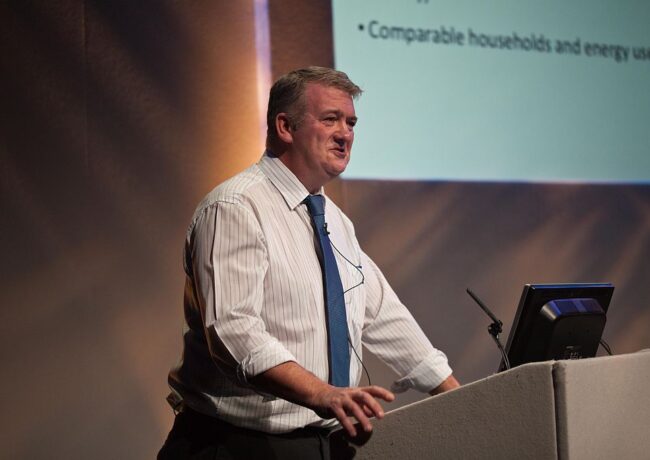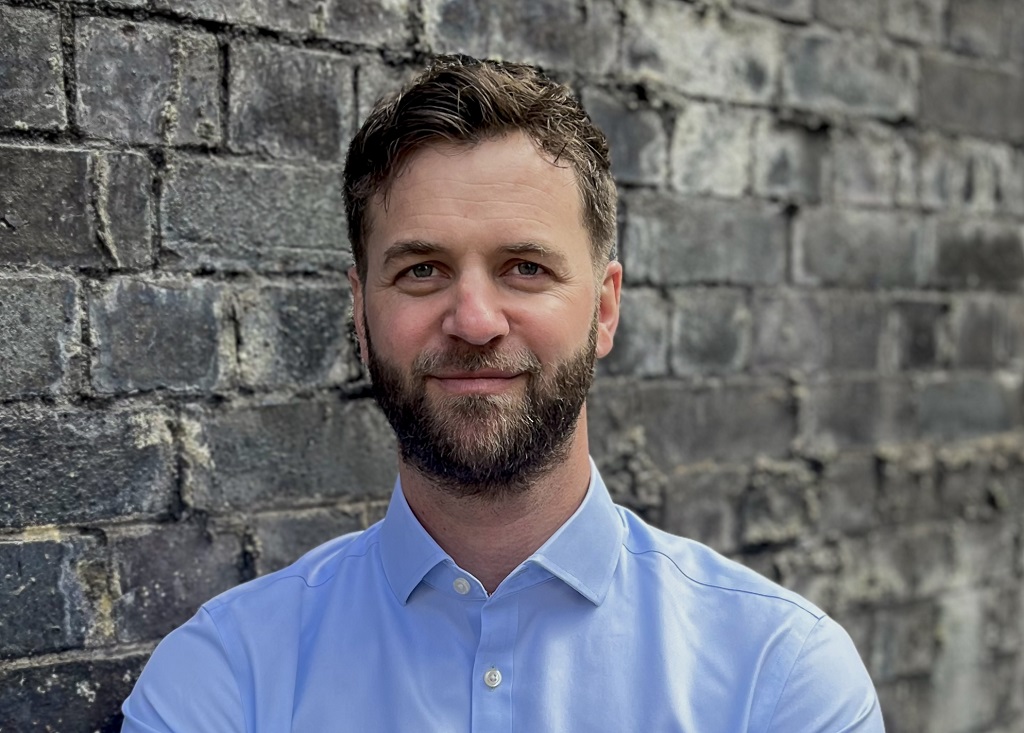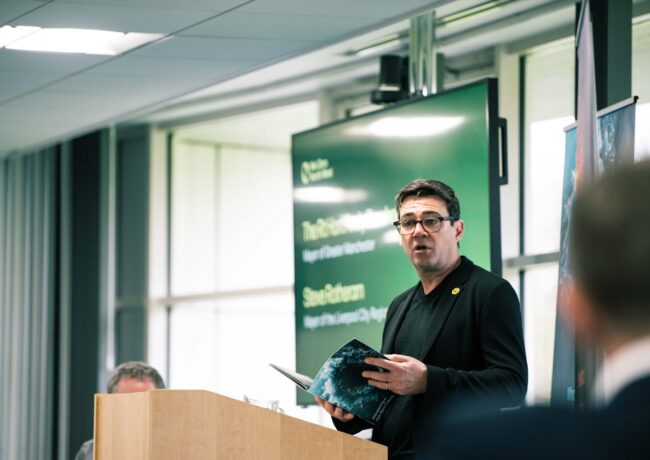Altering behaviour is ‘key to hitting energy targets’
Salford University's Retrofit 2012 conference this week concluded by focusing on the challenge of changing behaviour in the UK to achieve carbon reduction targets.
Around 350 delegates attended the second annual conference – the only major conference on reducing fuel poverty and making homes more energy-efficient – which brings together academics, the construction industry and the housing sector.
Delegates heard from Salford University's Prof Andy Steele, whose research concludes that while solutions to finance through the government's imminent Green Deal and technology are emerging, policy makers have yet to engage with the third key element in the retrofit challenge – human behaviour.
Prof Steele explained how innovations can actually work against energy and cost-reduction objectives. His research shows how residents in energy-efficient houses were more likely to take resource-inefficient baths rather showers, with the prevailing view that, as one said: "It doesn't matter, it's energy-efficient."
Another challenge is that expectation of personal comfort in the home had risen, with the public's definition of comfortable home temperature rising from 12ºC in 1970 to 17.3ºC in 2008.
Prof Steele told delegates that Government and industry should pay more attention to incentivising the public to save energy in the home. The public is disadvantaged, he said, by a lack of impartial information about how to save energy, and how they can make a difference to the macro problem of global warming.
"The link between home energy use and climate change can be disempowering," he said. "And how to save on energy costs is hardly a dinner table topic."
On the imminent Green Deal programme, James Walker, head of innovation for B&Q owner Kingfisher told delegates that if the government is to achieve its household retrofitting and carbon reduction targets, that the marketplace for the assessment and installation of home improvements will have to be opened up to the nation's small trades businesses.
The numbers which the government need to deliver will need, he says, a diversity of providers beyond a few large companies.
Another keynote speaker, Brenda Boardman of the Environmental Change Institute at Oxford University, outlined a report titled Achieving Zero commissioned by Greenpeace. Its key recommendations included the need for the government to introduce progressively more challenging and legally-binding standards of energy efficiency for properties, based on Energy Performance Certificates, and the creation of Low Carbon Zones that target action on the worst homes, especially those occupied by the fuel poor.
The independent report's strategy to transform the UK's built environment will enable the UK Government to achieve its legal obligations on climate change by reducing C02 emissions from buildings to zero by 2050 in an equitable way. The executive summary and full report are available here www.eci.ox.ac.uk/research/energy/achievingzero/




